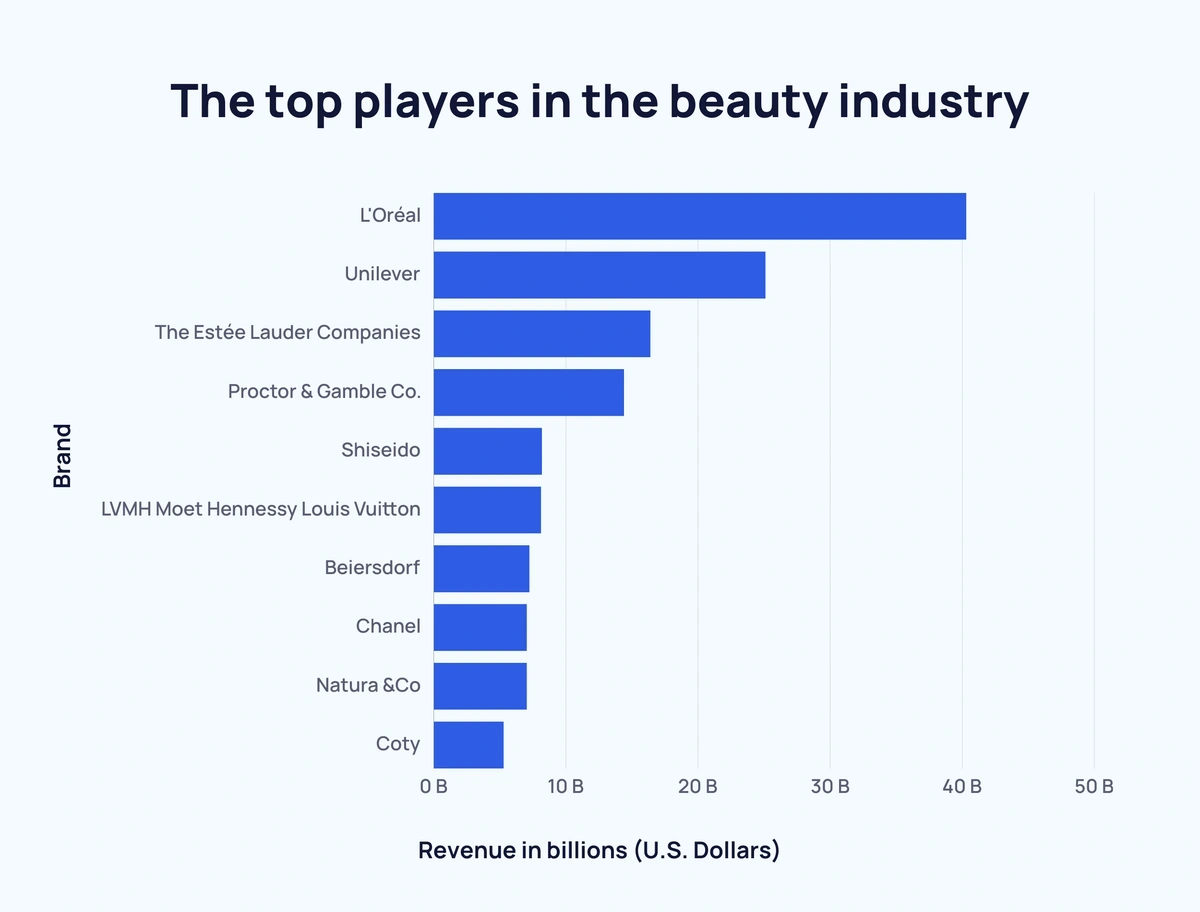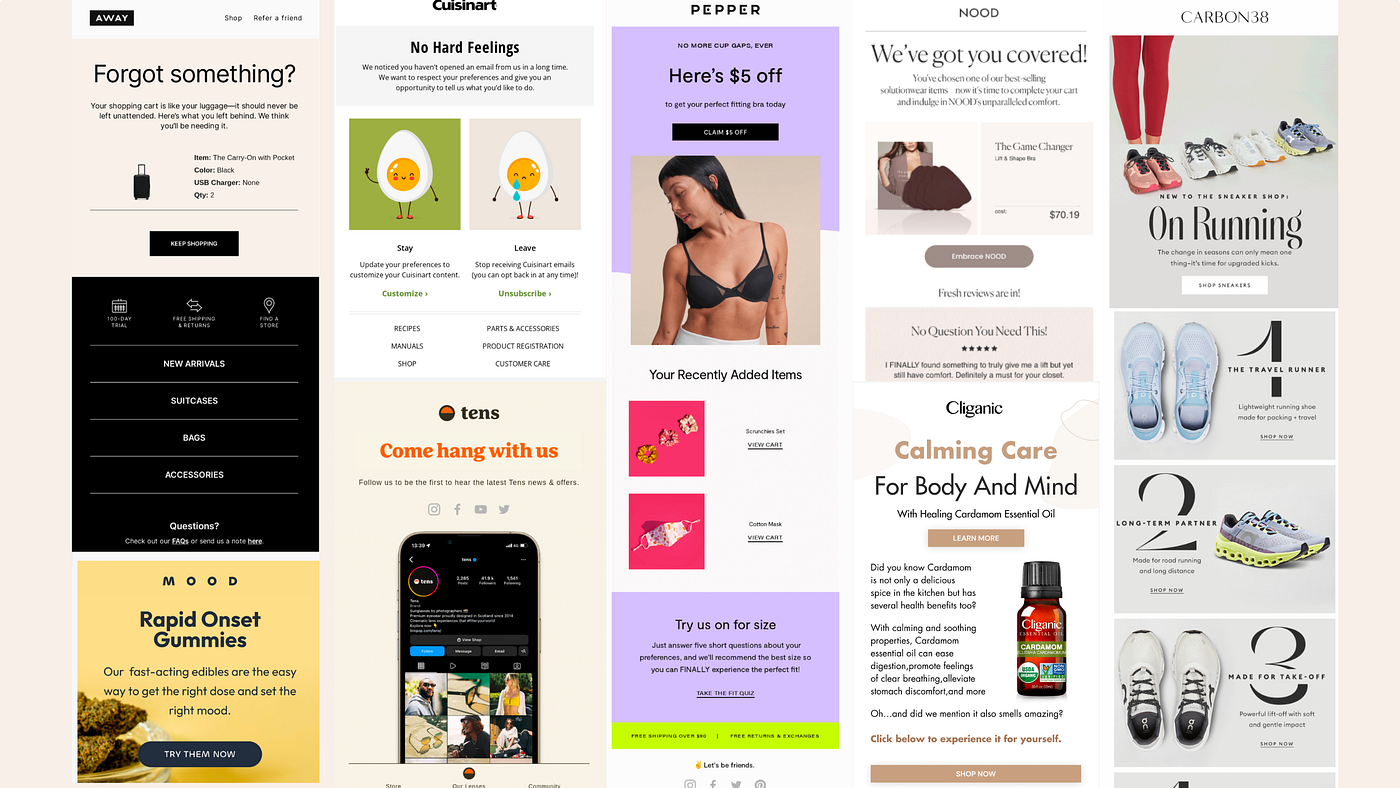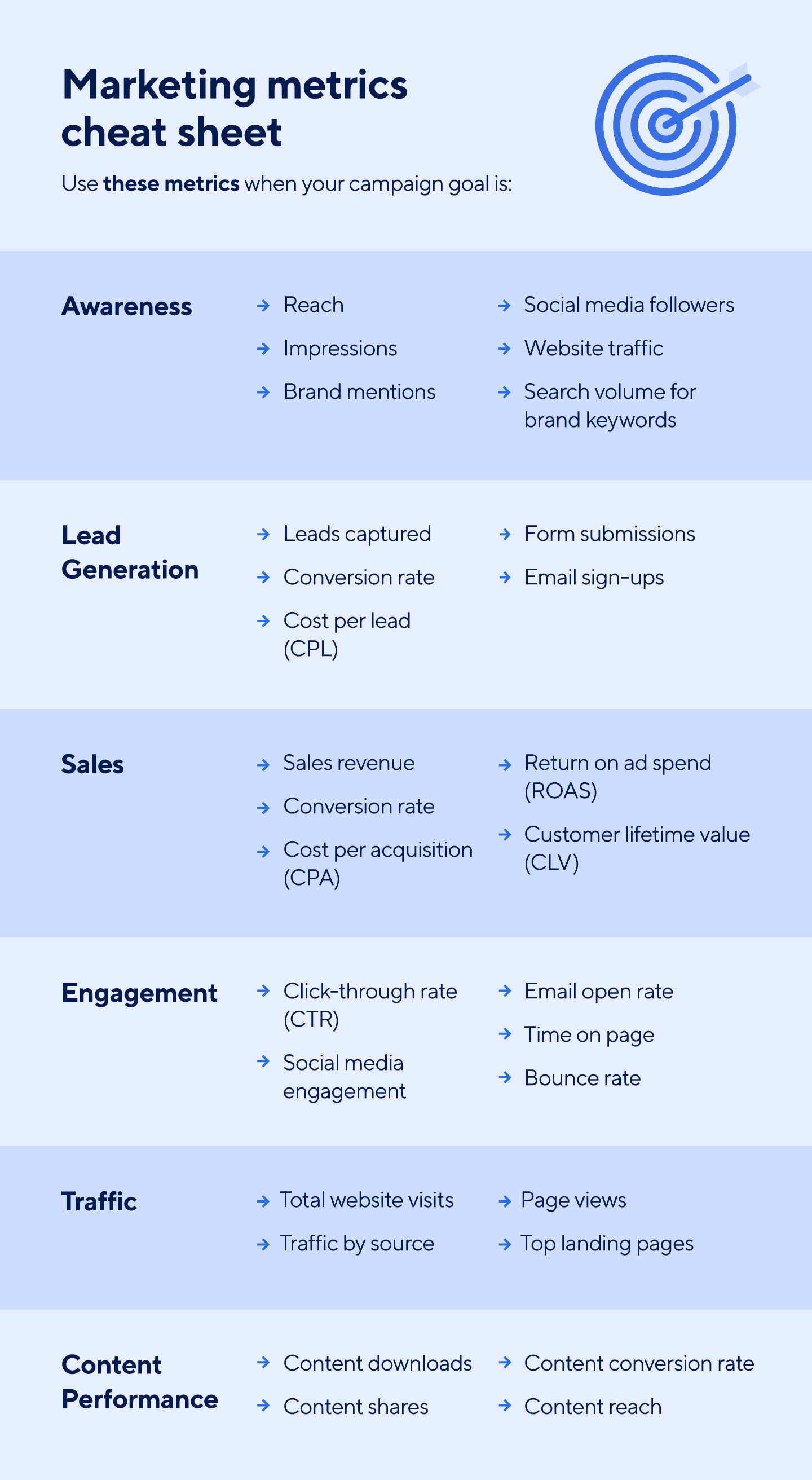SHARE

In today’s digital age, the cosmetics industry is more competitive than ever. To stay ahead of the game and boost your online presence, embracing the power of digital marketing is crucial. You can reach a wider audience, build brand awareness, and drive more sales by finding the right strategies. In this article, we will explore some valuable tips to help your cosmetics brand thrive in the online landscape.
Understanding the Importance of Digital Marketing in the Cosmetics Industry
As consumers increasingly turn to the internet for information and shopping, having a strong digital marketing strategy is key for cosmetics brands. One of the most powerful tools in your arsenal is social media.
In addition to social media, another crucial aspect of digital marketing in the cosmetics industry is search engine optimisation (SEO). By optimising your website and content for relevant keywords, you can improve your brand’s visibility in search engine results, driving organic traffic to your online platforms.
The Role of Social Media in Promoting Cosmetics
Social media platforms such as Instagram, Facebook, and YouTube have revolutionised the cosmetics industry. These platforms allow brands to connect with their target audience on a personal level and showcase their products in a visually appealing way.
Moreover, social media provides a platform for direct consumer interaction, enabling brands to receive real-time feedback, address customer queries, and build a community around their products. Brands can strengthen customer relationships by fostering engagement through polls, Q&A sessions, user-generated content, and cosmetics.
You can effectively promote your cosmetics brand and build a loyal following by creating engaging content, leveraging influencers, and utilising features like stories and live videos.
The Impact of Influencer Marketing on Cosmetics Sales
In today’s digital landscape, influencers have become essential in the cosmetics industry. Harnessing the power of influential individuals can significantly boost your brand’s visibility and credibility.
Collaborating with influencers can help you reach new audiences, build customer trust, and drive sales. Finding influencers whose values align with your brand and partnering with them on product launches or sponsored content can yield great results.
Building a Strong Online Presence for Your Cosmetics Brand
As the saying goes, “First impressions matter.” As for your online presence, your website is often the first point of contact for potential customers. Therefore, it’s essential to invest in a well-designed and user-friendly website.
Creating a captivating online presence for your cosmetics brand involves more than just a visually appealing website. It requires a deep understanding of your target audience, market trends, and competitors. You can tailor your online strategy to stand out in a crowded digital landscape as you conduct thorough market research and competitor analysis.
The Power of a Well-Designed Website
Your website should reflect your brand’s aesthetics and provide an enjoyable browsing experience. It should be visually appealing, easy to navigate, and optimised for mobile devices. Implementing features like product catalogues, customer reviews, and a seamless checkout process can greatly enhance the user experience.
Moreover, incorporating interactive elements like virtual try-on tools or skincare quizzes can encourage visitors to explore your products further. By making a seamless online shopping experience, you can increase customer satisfaction and drive brand loyalty.
The Importance of SEO in Reaching Your Target Audience
Search engine optimisation (SEO) is vital for your cosmetics brand to appear prominently in search engine results. By optimising your website with relevant keywords, creating high-quality content, and building backlinks, you can increase your visibility and attract organic traffic.
Investing in SEO strategies like local SEO, voice search optimisation, and mobile optimisation can give your brand a competitive edge and help you reach your target audience effectively.
Furthermore, staying updated on the latest SEO trends and algorithm changes is crucial for maintaining your brand’s visibility online. By regularly monitoring your website’s performance and making data-driven decisions, you can adapt to the evolving digital landscape and stay ahead of the competition.
(Source: Medium)
Utilising Digital Marketing Strategies for Cosmetics
In addition to social media, you can find various digital marketing strategies to promote your cosmetics brand and engage with your customers.
In your digital marketing for cosmetics, it’s important to consider the power of search engine optimisation (SEO). By optimising your website and content for relevant keywords, you can improve your brand’s visibility in search engine results and attract more organic traffic. This can lead to increased brand awareness and higher conversion rates.
Email Marketing: A Direct Line to Your Customers
Building an email marketing strategy allows you to nurture relationships with your customers and keep them informed about new products, discounts, and exclusive offers.
Personalisation is key in email marketing. By segmenting your email list based on customer preferences and purchase history, you can send targeted campaigns likely to resonate with your audience. This level of personalisation can lead to higher open rates, click-through rates, and ultimately, more conversions.
Content Marketing: Educating and Engaging Your Audience
Content marketing is all about providing valuable information to your target audience. By creating informative blog posts, tutorials, and videos related to cosmetics, you can position your brand as an industry expert and build trust with potential customers.
Another effective strategy in content marketing is collaborating with influencers in the beauty industry. By partnering with influencers with a strong following and credibility in the cosmetics niche, you can reach a wider audience and leverage their influence to promote your products. Influencer collaborations can help you tap into new markets and increase brand awareness among their loyal followers.
( Source: Smartsheet)
Measuring the Success of Your Digital Marketing Efforts
Data is your ally in tracking the success of your digital marketing campaigns. You can gain insights into your audience’s behaviour and make data-driven decisions to optimise your strategies through analysing key metrics.
Understanding the intricacies of digital marketing analytics is akin to delving into the depths of a treasure trove, where each metric is a precious gem waiting to be unearthed. The journey of deciphering these metrics is not merely about numbers but about unravelling the story they tell about your audience’s interactions with your brand.
Key Metrics to Track in Your Digital Marketing Campaign
Some important metrics to monitor include website traffic, conversion rates, engagement rates on social media, email open and click-through rates, and customer lifetime value. Tracking these metrics over time will help you identify trends and adjustments as needed.
Website traffic is the gateway to your online presence, showcasing the volume of visitors drawn to your digital domain. Meanwhile, conversion rates are the ultimate litmus test of your marketing efforts, indicating the effectiveness of your strategies in turning visitors into valuable customers. Delving into engagement rates on social media unveils the level of connection your audience has with your brand, while email open and click-through rates provide insights into the effectiveness of your email campaigns in captivating your audience’s attention. Lastly, customer lifetime value is the beacon guiding you towards fostering long-lasting relationships with your clientele.
Making Sense of Analytics: Turning Data into Action
Data analytics tools can provide valuable insights, but it’s crucial to interpret that data correctly and take action accordingly. Regularly reviewing your analytics and making data-driven decisions will help refine your strategies and improve your online presence.
Interpreting analytics is akin to being a detective, piecing together clues to solve the mystery of your audience’s preferences and behaviours. It is about collecting and transforming data into actionable strategies that resonate with your target market. By immersing yourself in the world of analytics, you equip yourself with the tools needed to navigate the ever-evolving digital marketing world with precision and finesse.
(Source: Banuba)
Future Trends in Digital Marketing for the Cosmetics Industry
The cosmetics industry is constantly evolving, and keeping up with the latest trends is essential for staying ahead of the competition.
The Rise of Virtual Reality and Augmented Reality in Cosmetics Marketing
Virtual reality (VR) and augmented reality (AR) technologies are revolutionising how cosmetics brands interact with their customers. By enabling virtual try-ons and immersive shopping experiences, these technologies are bridging the gap between online and offline shopping.
Imagine being able to try on different shades of lipstick or experiment with various eyeshadow looks without leaving the comfort of your own home. With VR and AR, this is now possible. Customers can now virtually apply makeup and see how it looks on their face, helping them make more informed purchasing decisions.
Not only do VR and AR enhance the shopping experience, but they also provide opportunities for cosmetics brands to showcase their products more interactively and engagingly. By creating virtual environments where customers can explore different beauty looks, brands can form a sense of excitement and curiosity, ultimately driving customer engagement and loyalty.
The Potential of Personalised Marketing in the Cosmetics Industry
Personalisation is becoming increasingly important in the digital marketing landscape. By leveraging customer data, you can deliver tailored content and offers based on individual preferences, needs, and purchasing behaviours.
Imagine receiving an email from your favourite cosmetics brand with product recommendations specifically curated for you based on your previous purchases and browsing history. This level of personalisation makes customers feel valued and increases the likelihood of them making a purchase.
Personalised marketing goes beyond just email campaigns. With the advancement of technology, brands can now use targeted ads on social media platforms to reach their ideal customers. By analysing user data, brands can create specific ad campaigns that resonate with their target audience, increasing the chances of conversion.
Furthermore, personalised marketing allows brands to build stronger relationships with their customers. By understanding their preferences and needs, brands can provide relevant and valuable content that keeps customers engaged and returning for more.
In conclusion, digital marketing plays a vital role in boosting the online presence of cosmetics brands. By understanding the importance of social media, building a strong website, utilising various digital marketing strategies, and measuring your campaign’s success, you can effectively connect with your target audience and drive sales. Furthermore, keeping an eye on future trends like virtual reality and personalised marketing can help you stay ahead of the curve in the ever-evolving cosmetics industry.
As the cosmetics industry continues to evolve, brands must embrace these future trends and adapt their digital marketing strategies accordingly. By staying up-to-date with the latest technologies and consumer preferences, cosmetics brands can continue to captivate their audience and thrive in the competitive market.
Frequently Asked Questions About Digital Marketing Tips for the Cosmetics Industry: Boost Your Online Presence
What digital marketing strategies are most effective for the cosmetics industry?
Effective strategies include leveraging influencer partnerships, utilising social media platforms for engaging visual content, employing targeted ads, and creating interactive experiences such as virtual try-ons.
How can cosmetics brands increase their online visibility?
Cosmetics brands can increase their online visibility by optimising their website for SEO, consistently creating high-quality content, engaging with their audience on social media, and investing in paid advertising campaigns.
What role does social media play in digital marketing for cosmetics?
Social media is crucial for the cosmetics industry as it allows brands to showcase their products visually, connect with customers through interactive content, and tap into influencer networks to reach broader audiences.
How can cosmetics brands measure the success of their digital marketing efforts?
Brands can measure success by tracking metrics such as website traffic, conversion rates, engagement rates on social media, and the effectiveness of specific campaigns in driving sales and customer loyalty.
















